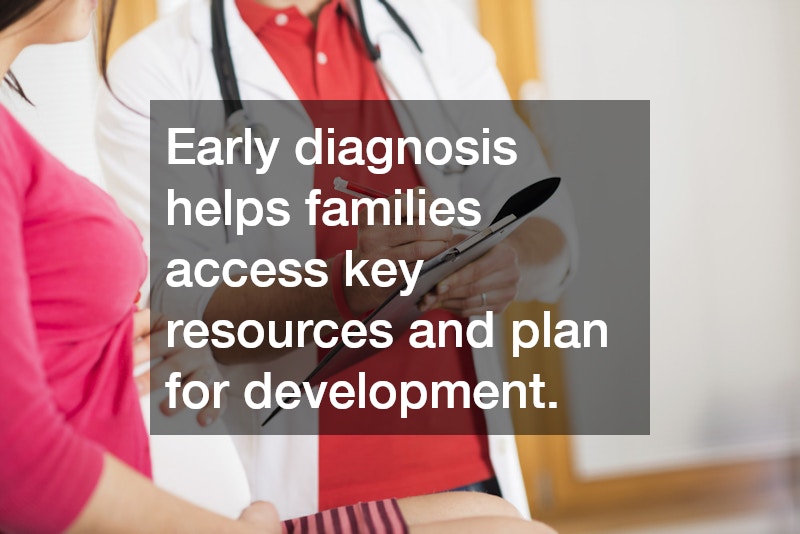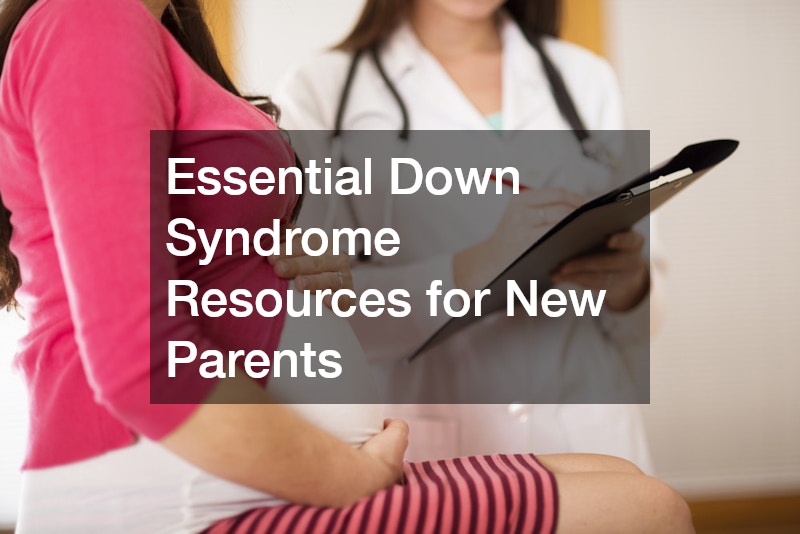This article aims to provide new parents with crucial Down syndrome resources and information, helping you navigate this new journey with confidence and support. Whether you’ve just received a diagnosis or are preparing to welcome your baby, understanding what lies ahead can ease uncertainty and empower you to advocate for your child’s well-being from the very beginning.
What Is Down Syndrome?
Down syndrome is a genetic disorder caused by an extra chromosome 21. It results in physical growth delays, distinct facial features, and mild to moderate intellectual disability.
Still, many people with Down syndrome live meaningful lives filled with achievements and strong relationships. Increased awareness has led to better support systems for individuals and families. By learning about the condition, new parents can better prepare for the journey with their child. About 1 in every 700 babies in the U.S. is born with Down syndrome. Early diagnosis helps families access key resources and plan for development. The condition can impact health and learning, but medical progress and growing societal acceptance offer strong support. Celebrating every milestone is a vital part of parenting a child with Down syndrome.
How Can I Best Support My Child With Down Syndrome?
Communication is a cornerstone for interacting with a child with Down syndrome. Early intervention with speech therapy can greatly enhance communication skills, giving children with Down syndrome the tools to express themselves effectively. Encouraging socialization and creating opportunities for play and interaction with peers are beneficial for their social development. Educators and therapists play a role in supporting children’s learning in inclusive classroom settings.
Fostering independence is another critical aspect of supporting a child with Down syndrome. Encouraging self-help skills, providing choices, and teaching problem-solving can significantly impact their autonomy. By focusing on their individual interests and abilities, parents can help their children explore hobbies that bring joy and satisfaction. Articles, books, and workshops focused on parenting a child with special needs provide parents with techniques and strategies for nurturing their child’s developmental journey. Parents’ understanding and commitment make a significant difference in the lives of children with Down syndrome.
What Are the Available Medical Resources?
A robust support system for families with children with Down syndrome is available through various medical resources. Pediatricians, therapists, and healthcare providers play a crucial role in monitoring and managing a child’s health. Regular check-ups address the myriad health-related aspects associated with Down syndrome, such as heart issues, hearing deficits, and thyroid function. Integrating therapies as part of routine healthcare addresses challenges and supports the development of motor and cognitive skills. Tailored medical care ensures children meet their developmental milestones safely and healthily.
Early intervention programs offer a multidisciplinary approach to care, integrating medical, educational, and therapeutic support for children with Down syndrome. Accessing these programs early in life can dramatically influence cognitive and physical development outcomes. Speech, occupational, and physical therapy form an integral part of these intervention programs.
Innovations in healthcare continue to improve the quality of life for individuals with Down syndrome. Advances in genetic research and therapy options open new possibilities for treatment and management. It’s essential for parents to stay informed about new medical findings and breakthroughs that may benefit their children. Support groups and advocacy organizations often provide up-to-date information regarding medical resources and advancements. This knowledge positions families to make informed decisions regarding healthcare and interventions for their child.
Where Can I Find Community Support and Networks?
Community support is vital for parents of children with Down syndrome, offering emotional, social, and practical assistance. Support groups with other parents and families create a shared space to exchange experiences and strategies in caring for their children.
Several national and local organizations focus on advocacy and awareness for Down syndrome. The National Down Syndrome Society (NDSS) and local Down syndrome associations offer numerous resources, including counseling, educational materials, and workshops. Online forums and social media groups allow families to connect, share stories, and provide mutual support, regardless of geographic location.
Mentorship programs connect families with seasoned parents who have navigated similar paths. This direct peer support offers reassurance, real-life advice, and encouragement. Awareness campaigns and local events raise understanding and acceptance within the broader community, promoting an inclusive environment for individuals with Down syndrome. Participating in these programs can foster a supportive network that provides long-term companionship and shared resources. Community support efforts enrich the lives of both individuals with Down syndrome and their families, facilitating stronger, more connected communities.
What Financial Resources Are Available?
Navigating the financial aspects of supporting a child with Down syndrome can be complex but manageable with the right resources. Various governmental and non-profit programs offer financial assistance and support for families in need. Social Security Disability Insurance (SSDI) and Supplemental Security Income (SSI) provide benefits to qualified children based on certain criteria. Medicaid and the Children’s Health Insurance Program (CHIP) ensure access to necessary healthcare services for qualifying families.
State and local programs also offer financial assistance for families with special needs children. These programs may assist with healthcare costs, adaptive equipment, and educational expenses. Grants and scholarships are available for specific needs, such as specialized therapy programs and educational support. Financial planning services can offer guidance in creating a long-term plan tailored to support a child’s future needs. Numerous non-profit organizations provide financial counseling to help families navigate these resources effectively.
Equipped with the right Down syndrome resources, information, and community support, new parents can provide the best care for their child with Down syndrome, fostering growth, development, and joy for their entire family.
.





